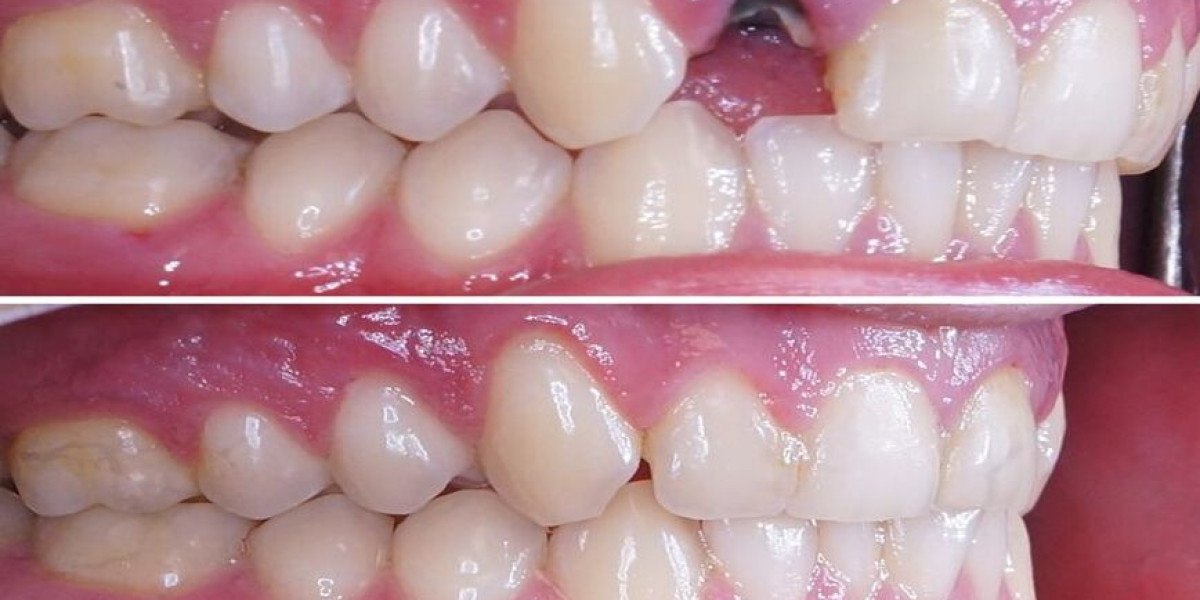Orthodontic treatments are designed to create a straight, healthy, and confident smile. From braces to aligners, these appliances work continuously to adjust the position of your teeth. However, despite the meticulous design and professional supervision, unexpected issues can occur. A broken wire, discomfort, or sudden pain might make you wonder whether to wait for your next appointment or call your orthodontist straight away. Understanding the right time to reach out for professional help can make all the difference between a minor fix and a serious complication.
Understanding Orthodontic Emergencies
Not all orthodontic issues are emergencies. Some can be managed at home, while others need urgent care. True emergencies involve pain, bleeding, or appliance damage that affects eating or speaking. Minor problems may wait for your next visit. Knowing the difference ensures proper care and prevents unnecessary worry.
Below are some general distinctions to keep in mind:
Type of Issue | Urgency Level | Recommended Action |
Broken or detached braces | Urgent | Contact your orthodontist immediately |
Mild soreness after adjustment | Non-urgent | Manage with soft food and salt rinse |
Sharp wire causing irritation | Urgent if painful | Call for advice or appointment |
Lost retainer or aligner | Semi-urgent | Inform your orthodontist as soon as possible |
Facial injury or swelling | Emergency | Seek immediate professional help |
Common Orthodontic Emergencies and What They Mean
While orthodontic treatments are generally safe, a few situations demand prompt attention. Knowing what these are helps you act swiftly and confidently.
1. Broken Brackets or Bands
Brackets can become loose due to biting into hard foods or from trauma to the mouth. When a bracket detaches, it can disrupt your treatment progress or cause irritation to your cheeks and gums. Avoid adjusting it yourself — instead, cover any sharp edges with orthodontic wax and arrange an appointment with your orthodontist Horsham to have it reattached properly.

2. Poking or Loose Wires
A common issue, especially with traditional braces. A wire may slip out of place and poke the inner cheek or gums, causing discomfort. If this happens, gently move the wire back with a cotton swab or use wax for temporary relief. However, if the pain persists, your emergency dentist in Horsham can trim or reposition it safely.
3. Severe Pain or Swelling
Persistent pain that doesn’t ease with over-the-counter medication or swelling around the gums or jaw might indicate infection or injury. This is a clear sign that immediate attention is required. Ignoring such symptoms could lead to further complications or delay your orthodontic progress.
4. Lost or Damaged Retainers/Aligners
If you’re using aligners or retainers, losing or damaging them can disrupt your treatment plan. Leaving teeth unsupported, even for a short time, can cause them to shift back to their previous position. Inform your orthodontist Horsham promptly to arrange a replacement or adjustment.
5. Injury to Teeth or Jaw
Any impact to the face or mouth that results in bleeding, loosened teeth, or misaligned brackets is considered an emergency. In such cases, contact an emergency dentist in Horsham or your orthodontist immediately to assess the damage and prevent further injury.
Temporary Relief Tips Before You See Your Orthodontist
Sometimes, you may not be able to see your orthodontist straight away. Knowing a few at-home remedies can help you manage discomfort safely until professional help is available.
Useful temporary measures include:
Orthodontic wax: Cover sharp brackets or wires to prevent irritation.
Cold compress: Apply to swollen areas to reduce pain or inflammation.
Salt water rinse: Rinse gently to soothe sore gums or minor wounds.
Soft diet: Stick to soups, yoghurt, and mashed foods to minimise discomfort.
Pain relief: Take mild, over-the-counter pain medication if necessary (as directed).
These measures are only temporary and should never replace a visit to your orthodontic professional.
When It’s Safe to Wait for a Regular Appointment
Not every orthodontic problem requires immediate attention. In many cases, slight irritation or discomfort is a normal part of the process. You can often wait for your regular appointment if:
You experience mild tenderness after a recent adjustment.
A bracket feels slightly loose but causes no pain.
There’s minor irritation from rubbing braces.
Your elastic bands or ligatures come off but do not cause injury.
However, it’s still advisable to inform your orthodontist about any changes, as they can provide guidance or schedule an earlier appointment if needed.
The Importance of Timely Professional Help
Delaying orthodontic care when a real emergency occurs can lead to complications that extend treatment time or cause unnecessary pain. Broken appliances may result in tooth movement in the wrong direction, while untreated swelling or infection could impact your overall oral health.
Promptly visiting an emergency dentist in Horsham ensures that any damage is managed effectively, preventing long-term issues. Acting early not only protects your orthodontic progress but also ensures comfort and safety throughout the process.
How to Prepare for an Orthodontic Emergency
Being prepared for the unexpected helps you handle orthodontic problems calmly and efficiently. Consider keeping a small “orthodontic emergency kit” at home or in your bag for quick action when needed.
Recommended items include:
Orthodontic wax
A small mirror
Tweezers and cotton swabs
A travel-sized toothbrush and dental floss
Saline or saltwater solution
Pain relief medication (as prescribed)
It’s also wise to:
Save your orthodontist’s emergency contact number.
Know the location and hours of your local emergency dentist in Horsham.
Keep a spare aligner case handy if you use clear aligners.
Schedule routine check-ups to detect early signs of appliance wear or damage.
Preparation ensures that if something goes wrong, you can take the right steps immediately without panic.

Conclusion
Knowing when to call your emergency orthodontist is essential for maintaining both your comfort and the success of your treatment. While some issues can be managed at home for a short time, others require immediate professional care to prevent further complications. Always trust your instincts, if you’re in significant pain or notice damage, it’s better to seek expert advice right away.
With prompt attention and the right guidance from your dental team, you can keep your treatment on track and your smile progressing beautifully. For expert orthodontic and emergency dental care, trust the professionals in Horsham to keep your smile safe and healthy.







